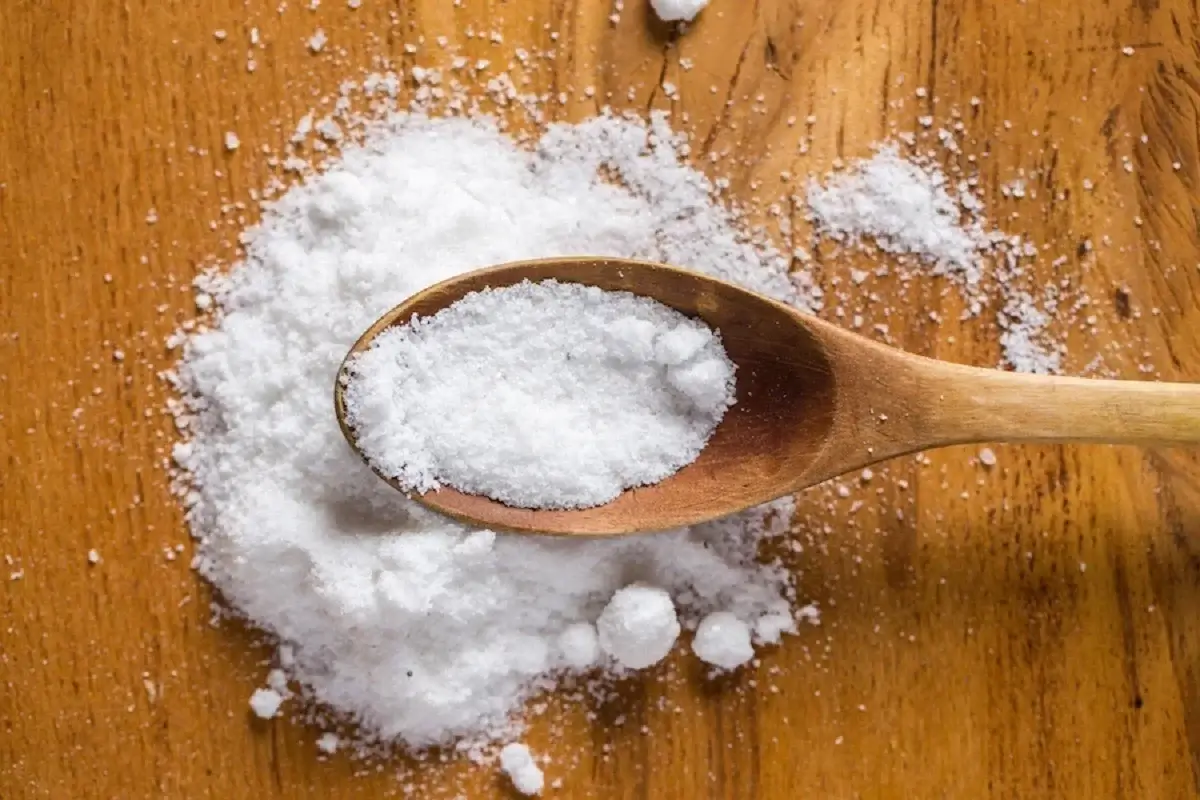Salt consumption and health: the hidden dangers of exceeding the norm

Many people think of salt as just a simple seasoning to enhance the taste of food. In reality, most of it enters the human body not from the salt shaker, but from ready-made products — sausages, chips, canned foods, and bread. As a result, many people unknowingly consume two or three times more salt than recommended. While salt is necessary for the body, too much increases blood volume and puts extra pressure on the heart and blood vessels, significantly raising the risk of high blood pressure, stroke, and heart attack.
WHO recommendation and global statistics
The World Health Organization recommends that adults consume no more than 5 grams of salt per day (one teaspoon). However, statistics show that in most cases this figure is two or even three times higher. Globally, the average daily sodium intake is 4,310 mg, equivalent to about 10.78 grams of salt — far above the recommendation.
Hidden sources of salt
Most people calculate their salt intake only by the amount added to meals during cooking. In fact, most salt comes from:
sausages and hot dogs;
various canned products;
chips and salted nuts;
bread and baked goods.
These foods often contain far more salt than the set limit.
Main harms of excess salt consumption
1. Increased blood pressure
Sodium retains water in the body, increasing blood volume and pressure on the vessels, causing hypertension. This raises the risk of stroke, heart attack, and kidney failure. Reducing salt by just 1 gram can help lower blood pressure.
2. Excess load on the kidneys
To remove excess sodium, the kidneys work in constant overdrive. Over time, this can cause chronic kidney disease. Excess sodium also raises calcium in the urine, increasing kidney stone risk.
3. Weakening of bones and muscles
Excess sodium “washes out” calcium from bones, leading to osteoporosis. This is especially dangerous for postmenopausal women and the elderly. Muscles may weaken and suffer spasms.
4. Stomach cancer
High sodium concentrations damage the stomach lining and support the activity of Helicobacter pylori, which can cause ulcers and stomach cancer.
5. Brain function impairment
Too much sodium raises blood pressure and reduces vessel elasticity, worsening brain blood flow. This limits oxygen and nutrients to brain cells, reducing memory, focus, and reasoning abilities. Studies also link high salt intake to an increased risk of dementia, including Alzheimer’s disease.
How to control salt intake:
Check product labels for salt content;
Use more spices and herbs instead of salt;
Reduce consumption of processed and ready-made foods.
By reducing excess salt consumption, you can protect your heart, kidneys, bones, and brain, and prevent serious illnesses in the future.
Read “Zamin” on Telegram!













